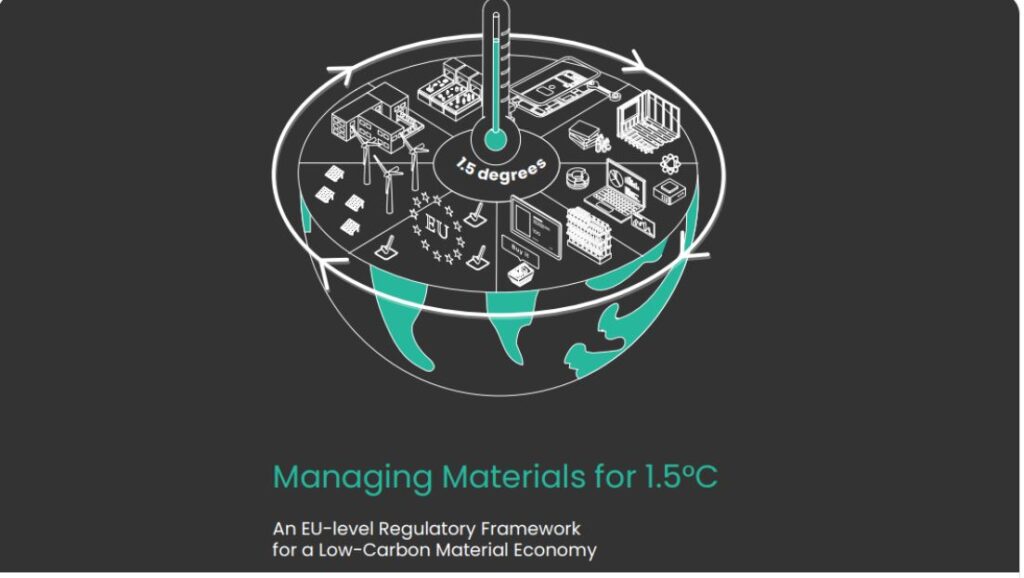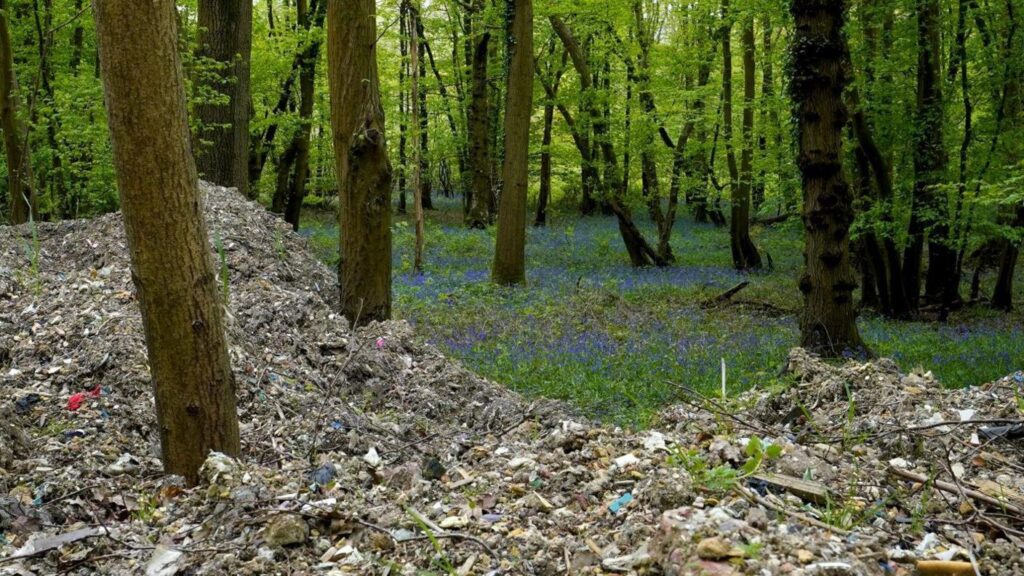In a bid to confront the pressing environmental challenges facing Europe, Eunomia Research and Consulting has released a report entitled “Managing Materials for 1.5oC: An EU Regulatory Framework for a Low Carbon Material Economy”.
This report, funded by a consortium consisting of Handelens Miljøfond, Minderoo Foundation, TOMRA and Zero Waste Europe, proposes a series of recommendations aimed at reshaping Europe’s approach to material consumption while combating climate change.
The report highlights the “critical role” that material consumption plays in exacerbating the climate crisis as the extraction and processing of material resources account for over 55% of greenhouse gas emissions
Moreover, it emphasises that material consumption is linked to other environmental challenges, including biodiversity loss and water stress, which collectively contribute to what is termed the “triple planetary crisis”.
At the core of the proposed regulatory framework are seven guiding principles, including leveraging the power of the single market, minimising administrative burdens for businesses through harmonisation and maximising the use of economic instruments.
The framework also seeks to engage in the digital transition, level the playing field, secure popular support and expand the EU’s influence on global policies related to material management and emissions reduction.
Perspective
Aline Maigret, Zero Waste Europe, head of policy, said: “Amidst the urgency to stay within a 1.5 degrees carbon budget, this new report underscores a pivotal shift in perspective: from a waste-focused policymaking we need to put strategic resource use at the heart of EU’s priorities.
“It suggests reimagining materials, offering pragmatic solutions that engage progressive businesses, and adapt to changing politics”.
Framework
Key components of the regulatory framework encompass decarbonising materials production, implementing product policies to promote a low-carbon economy, maintaining the value of materials at the end of their life cycle, and reducing overall material consumption.
One of the most challenging aspects highlighted in the report is the need for greater application of environmental taxation at the EU level. Despite its political hurdles, the report underscores the importance of implementing such measures creatively to ensure broad popular appeal and tangible benefits for citizens.
Innovation and harmonisation are also emphasised in the report, with a focus on building upon existing policies, making connections between relevant mechanisms, and introducing innovative approaches to address material consumption across EU member states.
Challenge
Dr Chris Sherrington, Eunomia, head of environmental policy and economics, said: “We recognise the political challenge of introducing the proposed measures – particularly the greater application of environmental taxation at the EU-level. Accordingly, we argue that addressing the current levels of societal inequality is both an important end in itself, but also something that might reasonably be expected to ease the political challenge of introducing the policy measures needed to move towards a low carbon material economy.
“While not a panacea we suggest consideration be given to the direct redistribution to EU citizens of revenues from environmental taxation and other market-based instruments such as the EU-ETS and CBAM.”








Subscribe for free